Leftist parties win control of French Senate From Raw Story. Excerpts:
France's left-wing opposition struck a blow against embattled centre-right leader President Nicolas Sarkozy's hopes for re-election Sunday, winning a historic victory in a senatorial vote.
The Socialist Party and its Communist and Green allies won enough seats to give the left control of the upper house for the first time in French history, a stepping stone towards a presidential win in seven months' time.
Flammable gas detected in Fukushima pipe: TEPCO Mysinchew. Excerpts:
Flammable gas has been detected inside a pipe linked to a nuclear reactor at Japan's crippled Fukushima atomic power plant, its operator said Saturday.
Tokyo Electric Power Co (TEPCO) was unable to identify the gas but nonetheless said it was unlikely there would be an explosion in the reactor.
The company has been injecting nitrogen into the reactor so that the level of oxygen inside becomes low enough to prevent blasts.
But a TEPCO spokesman said workers at the Fukushima Daiichi nuclear plant measured a 100-percent flammable gas in a pipe connected to the power station's reactor number one.
"It is not clear exactly where and how this gas was created," the spokesman told AFP. "We are considering ways to deal with it.
"It is likely that we will continue the survey the gas to identify it and use nitrogen to bring its level low enough" to avoid explosions, he said.
It's a gas, gas, gas, gas, gas: Scientists think solar system may have had a FIFTH gas planet The Daily Mail Online. Excerpts:
Scientists believe our solar system may have once had a fifth gas planet that was ejected from the solar system and 'orphaned'.
..
A new study by David Nesvorny, from the Southwest Research Institute in Colorado, U.S., used different computer simulations to explore what the solar system looked like four billion years ago.
He discovered that back then planets had not yet settled into their existing orbits as they migrated and moved around.
However, after a series of tests he worked out that the solar system we recognise today could never have emerged without the existence of a fifth planet.
He came to this conclusion by using several different starting positions and ran computer simulations using the four gas planets - Jupiter, Saturn, Uranus and Neptune - but discovered they were to large and one would destroy another eventually.
Even using configurations where the gas planets survived, the solar system's rocky planets like Mars and Venus did not.
However, once Mr Nesvorny had introduced a fifth planet into the equation he found the odds of the current solar system emerging increased dramatically.
This theory is backed up by the recent discovery of many rogue planets.
This is exciting.. Japan: piles of tsunami debris turning into giant bonfires The Telegraph. Excerpts:
Piles of decomposing organic waste, metals and rubble from the devastated towns of north-east Japan have been bursting into fire, posing a new hazard to emergency teams tasked with clearing away the debris and people who are still picking through the remains of their homes.
Geomagnetic storm warning issued for September 26th The Extinction Protocol. Excerpts:
.. “Sunspot 1302 poses a continued threat for X-class solar flares.” We’re also seeing some coronal hole perforation of the Sun, so ionized particles will now also have a more efficient medium of propagation should a large solar flare erupt from the sunspot. The next few days could get interesting. According to NOAA, the chances of another X-Class flare erupting over the next 48 hours are 40%.
France's left-wing opposition struck a blow against embattled centre-right leader President Nicolas Sarkozy's hopes for re-election Sunday, winning a historic victory in a senatorial vote.
The Socialist Party and its Communist and Green allies won enough seats to give the left control of the upper house for the first time in French history, a stepping stone towards a presidential win in seven months' time.
Flammable gas detected in Fukushima pipe: TEPCO Mysinchew. Excerpts:
Flammable gas has been detected inside a pipe linked to a nuclear reactor at Japan's crippled Fukushima atomic power plant, its operator said Saturday.
Tokyo Electric Power Co (TEPCO) was unable to identify the gas but nonetheless said it was unlikely there would be an explosion in the reactor.
The company has been injecting nitrogen into the reactor so that the level of oxygen inside becomes low enough to prevent blasts.
But a TEPCO spokesman said workers at the Fukushima Daiichi nuclear plant measured a 100-percent flammable gas in a pipe connected to the power station's reactor number one.
"It is not clear exactly where and how this gas was created," the spokesman told AFP. "We are considering ways to deal with it.
"It is likely that we will continue the survey the gas to identify it and use nitrogen to bring its level low enough" to avoid explosions, he said.
It's a gas, gas, gas, gas, gas: Scientists think solar system may have had a FIFTH gas planet The Daily Mail Online. Excerpts:
Scientists believe our solar system may have once had a fifth gas planet that was ejected from the solar system and 'orphaned'.
..
A new study by David Nesvorny, from the Southwest Research Institute in Colorado, U.S., used different computer simulations to explore what the solar system looked like four billion years ago.
He discovered that back then planets had not yet settled into their existing orbits as they migrated and moved around.
However, after a series of tests he worked out that the solar system we recognise today could never have emerged without the existence of a fifth planet.
He came to this conclusion by using several different starting positions and ran computer simulations using the four gas planets - Jupiter, Saturn, Uranus and Neptune - but discovered they were to large and one would destroy another eventually.
Even using configurations where the gas planets survived, the solar system's rocky planets like Mars and Venus did not.
However, once Mr Nesvorny had introduced a fifth planet into the equation he found the odds of the current solar system emerging increased dramatically.
This theory is backed up by the recent discovery of many rogue planets.
This is exciting.. Japan: piles of tsunami debris turning into giant bonfires The Telegraph. Excerpts:
Piles of decomposing organic waste, metals and rubble from the devastated towns of north-east Japan have been bursting into fire, posing a new hazard to emergency teams tasked with clearing away the debris and people who are still picking through the remains of their homes.
Geomagnetic storm warning issued for September 26th The Extinction Protocol. Excerpts:
.. “Sunspot 1302 poses a continued threat for X-class solar flares.” We’re also seeing some coronal hole perforation of the Sun, so ionized particles will now also have a more efficient medium of propagation should a large solar flare erupt from the sunspot. The next few days could get interesting. According to NOAA, the chances of another X-Class flare erupting over the next 48 hours are 40%.
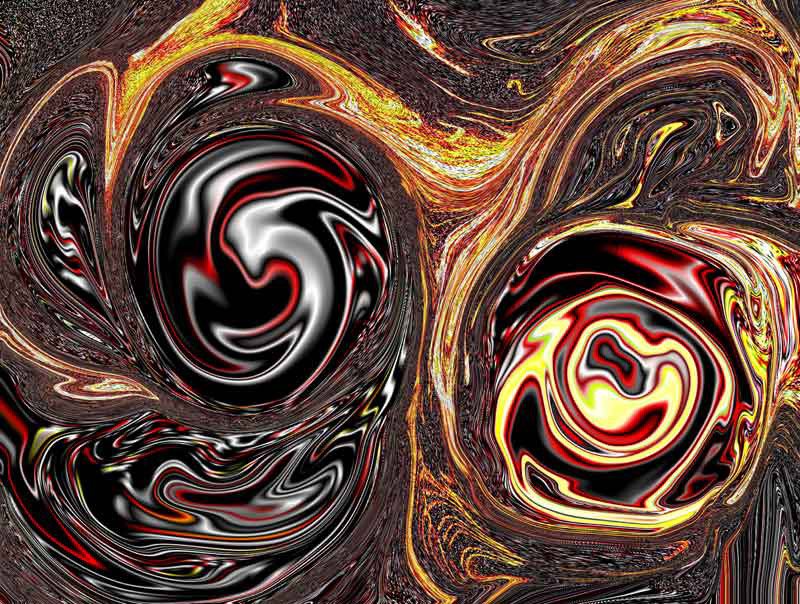
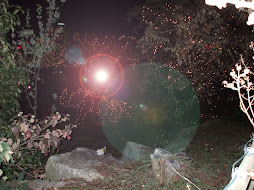



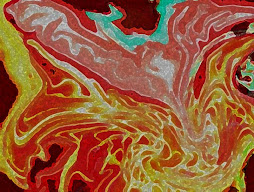



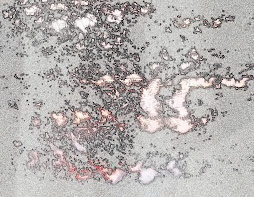


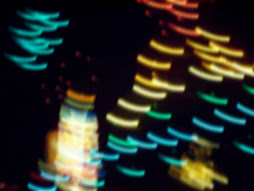

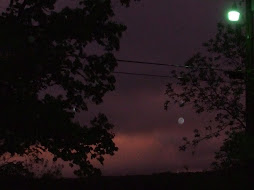








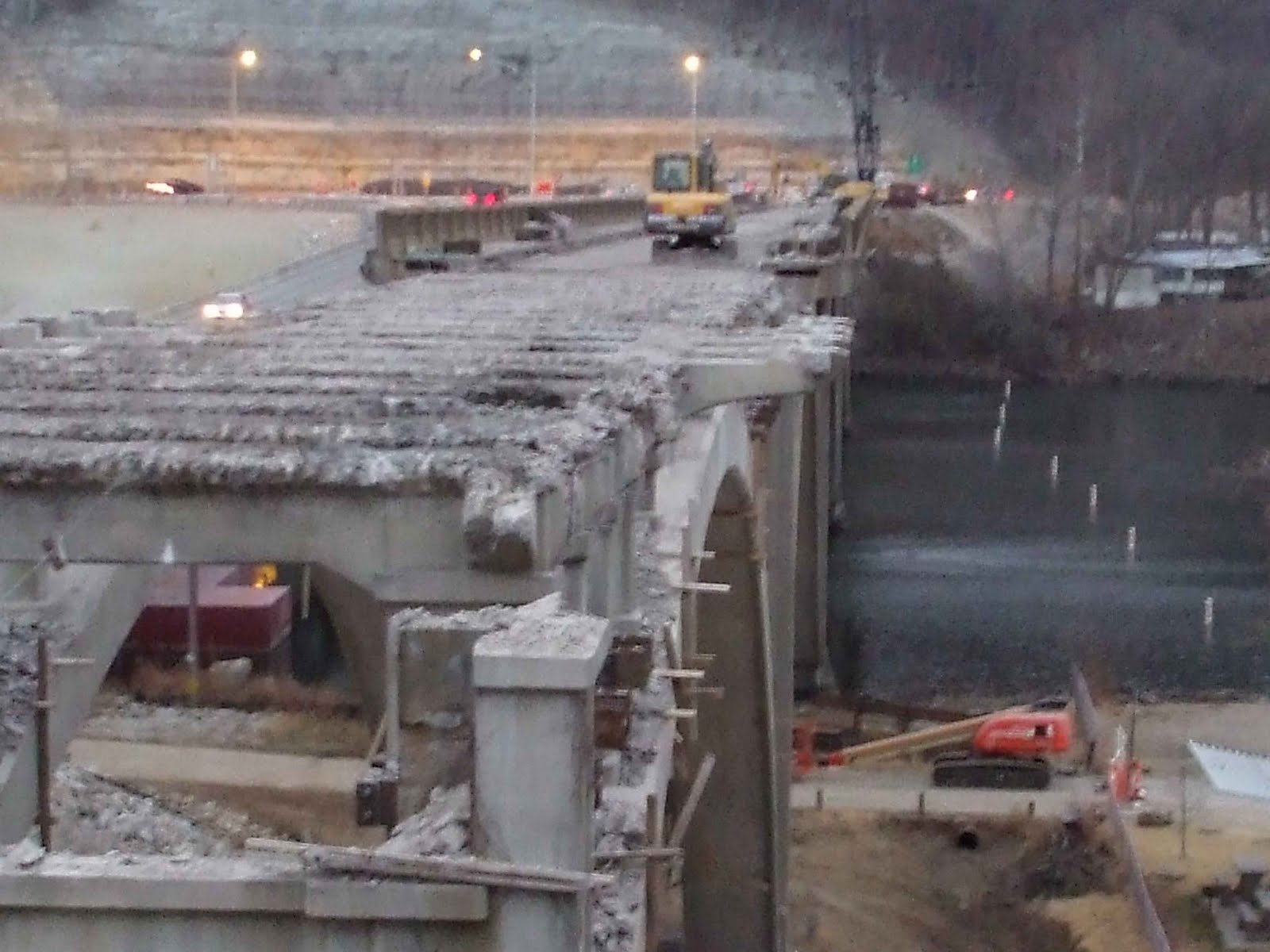




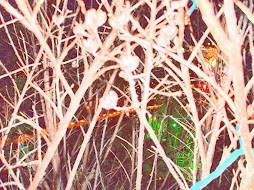














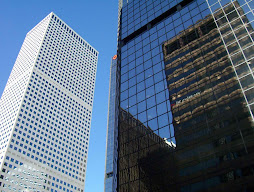





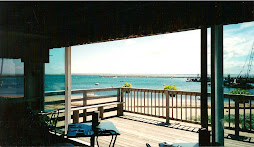
















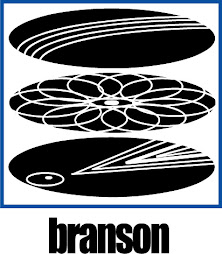






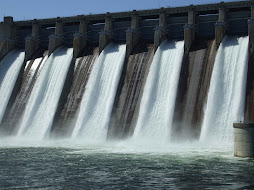


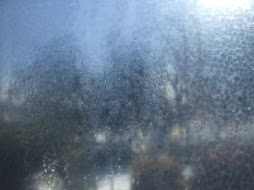

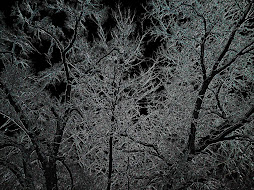


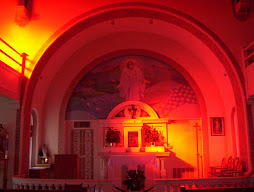





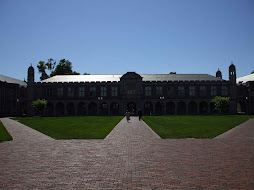


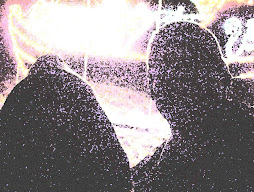





No comments:
Post a Comment